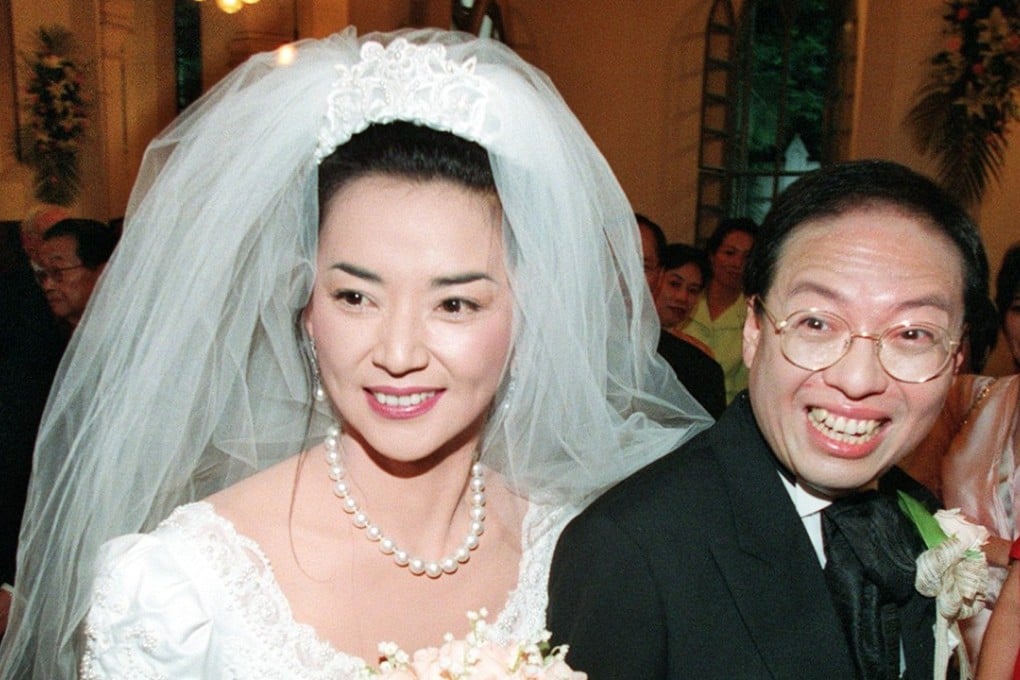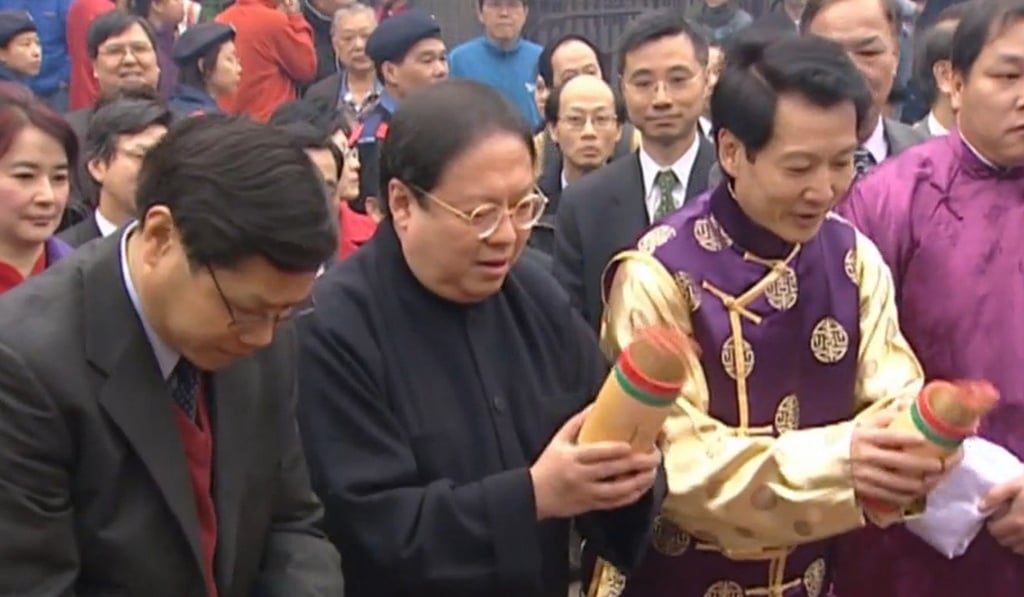Musician, eye surgeon and a politician who married an actress, Patrick Ho led a varied, eventful life before bribery scandal
- Many remember Ho picking an ominous Kau Chim fortune stick during Lunar New Year 2003, the year of Sars
- He went to the US to study music, but became a prominent eye surgeon instead, with a stint at Harvard

Patrick Ho Chi-ping was Hong Kong’s secretary for home affairs when he joined the Lunar New Year crowds at the famous Che Kung Temple in Sha Tin in February 2003, to pray for the city’s good luck and prosperity.
Drawing from a stack of Kau Chim fortune sticks, which Taoist devotees believe can foretell events to come, he picked the Number 83 which predicted that everything was about to go bad.
The temple’s fortune-teller who interpreted the stick told Ho he saw a boat struggling in turbulent waters, an indication of hard times ahead. Ho, a Christian and just eight months into his appointment as a minister, tried to make light of the ominous prediction.

But many Hongkongers would later recall his temple visit as the most memorable moment of his five-year stint in government, because 2003 brought the terrifying mystery killer severe acute respiratory syndrome, which left 299 people dead in the city alone and crippled the economy.
Since then, the government has not sent a minister to the temple to draw a Kau Chim stick for Hong Kong.